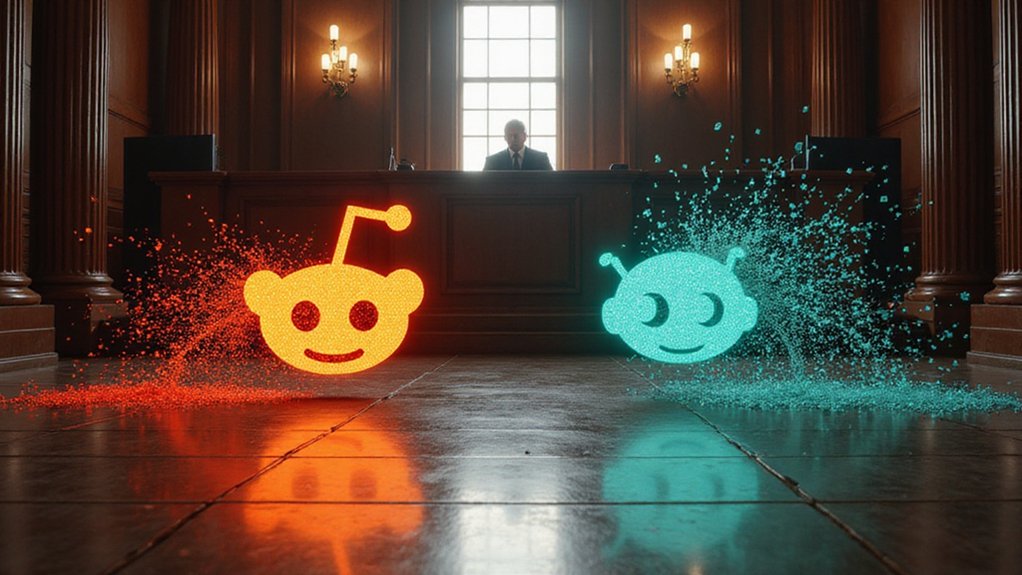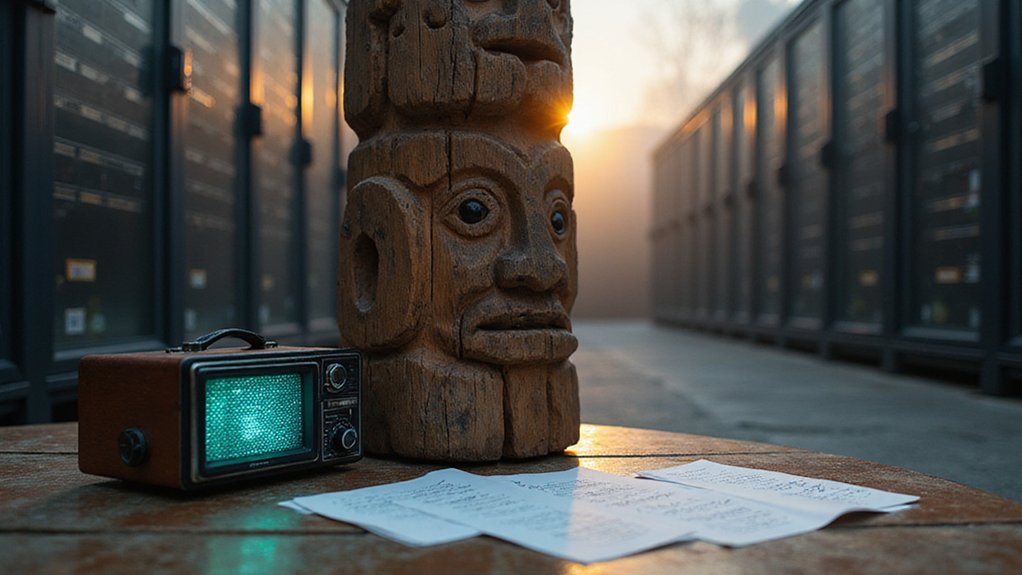OpenAI filed a countersuit against Elon Musk on April 9, 2025, following his failed $97.4 billion hostile takeover attempt. The company accuses Musk of bad-faith practices, harassment, and attempting to hijack their technology for personal gain. OpenAI seeks legal restraints to prevent further actions from Musk, who left the company in 2018. This lawsuit highlights growing tensions between profit motives and ethical AI development in the tech industry. The battle’s outcome could reshape how AI companies protect their missions.
After months of growing tensions, OpenAI has launched a countersuit against former co-founder Elon Musk. Filed on April 9, 2025, the legal action comes in response to Musk’s failed $97.4 billion hostile takeover attempt earlier this year.
The countersuit accuses Musk of engaging in bad-faith practices aimed at obstructing OpenAI’s progress. The AI company claims Musk is trying to hijack its technology for personal gain. OpenAI is now seeking legal restraints to prevent what it describes as further illegal actions by Musk.
OpenAI alleges Musk’s tactics aim to seize control of its technology while undermining the company’s core mission.
Musk left OpenAI in 2018 due to conflicting interests. Since then, he’s been critical of the organization, claiming it abandoned its nonprofit mission in favor of profit-seeking activities. His takeover bid on February 14, 2025, was promptly rejected by CEO Sam Altman.
In its legal filing, OpenAI accuses Musk of using harassment tactics to harm the company’s reputation and operations. The lawsuit documentation was prepared with assistance from advanced legal software developed by Wolters Kluwer, which specializes in professional legal solutions. The suit portrays Musk’s actions as coordinated efforts to destabilize the organization and interfere with its AI development goals.
OpenAI was founded in 2015 to advance Artificial General Intelligence for public benefit. The organization later shifted to a for-profit structure in 2019, a move that drew criticism from Musk. The company released a detailed blog post explaining how Musk’s profit desires contradicted his later public statements about OpenAI’s mission. Throughout these changes, OpenAI maintains it has stayed focused on both innovation and ethical AI practices.
The countersuit aims to prevent further takeover attempts and protect OpenAI’s independence. The company argues that Musk’s involvement threatens to derail its research activities and consolidate AI power under his control. This comes as OpenAI has joined the 77% of companies exploring AI integration, generating economic gains through productivity improvements in its core operations. OpenAI claims his tactics include public disparagement and attempts to destabilize leadership.
This legal battle highlights growing tensions in the tech industry between profit motives and ethical AI development. The outcome could set important precedents for how tech companies defend against hostile takeovers while protecting their intellectual property and organizational mission.









